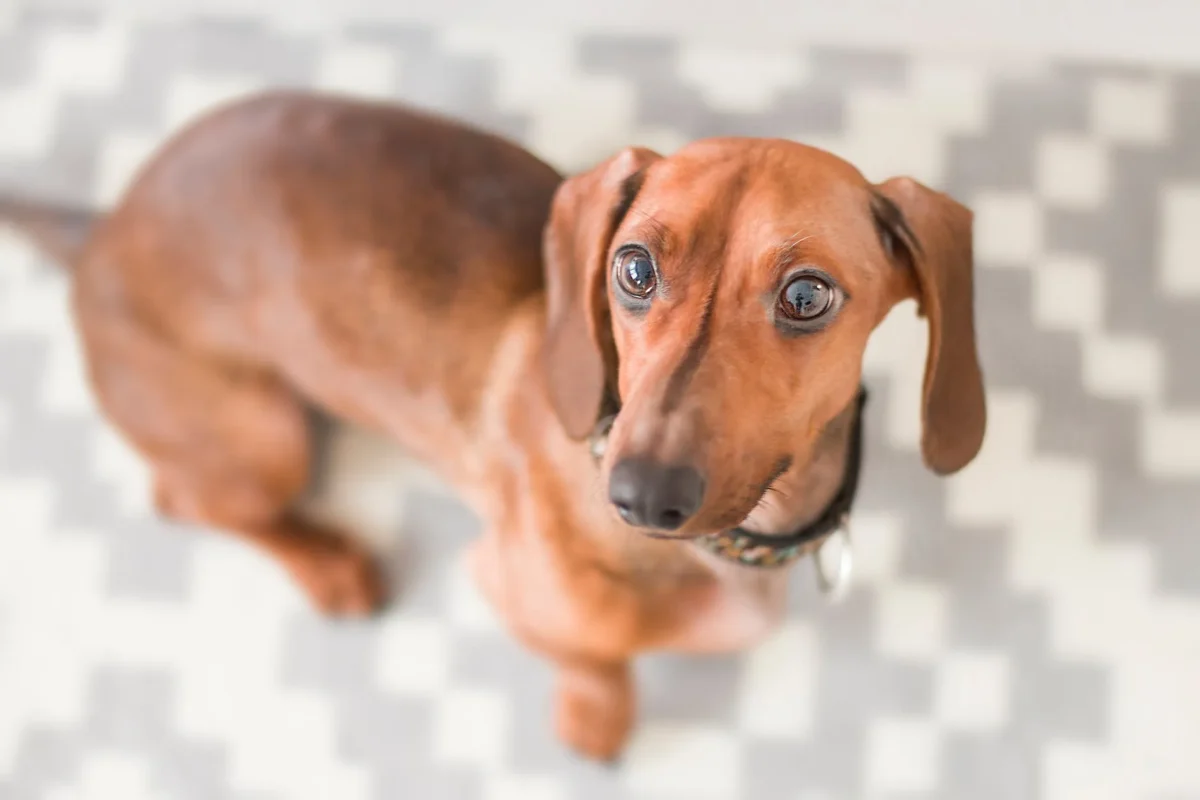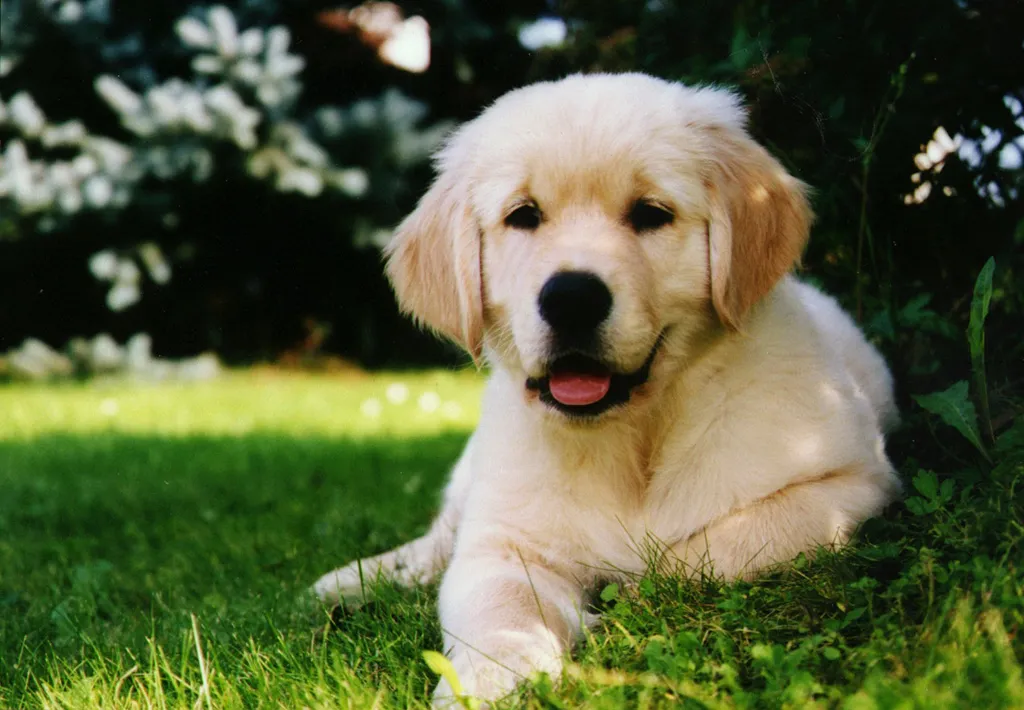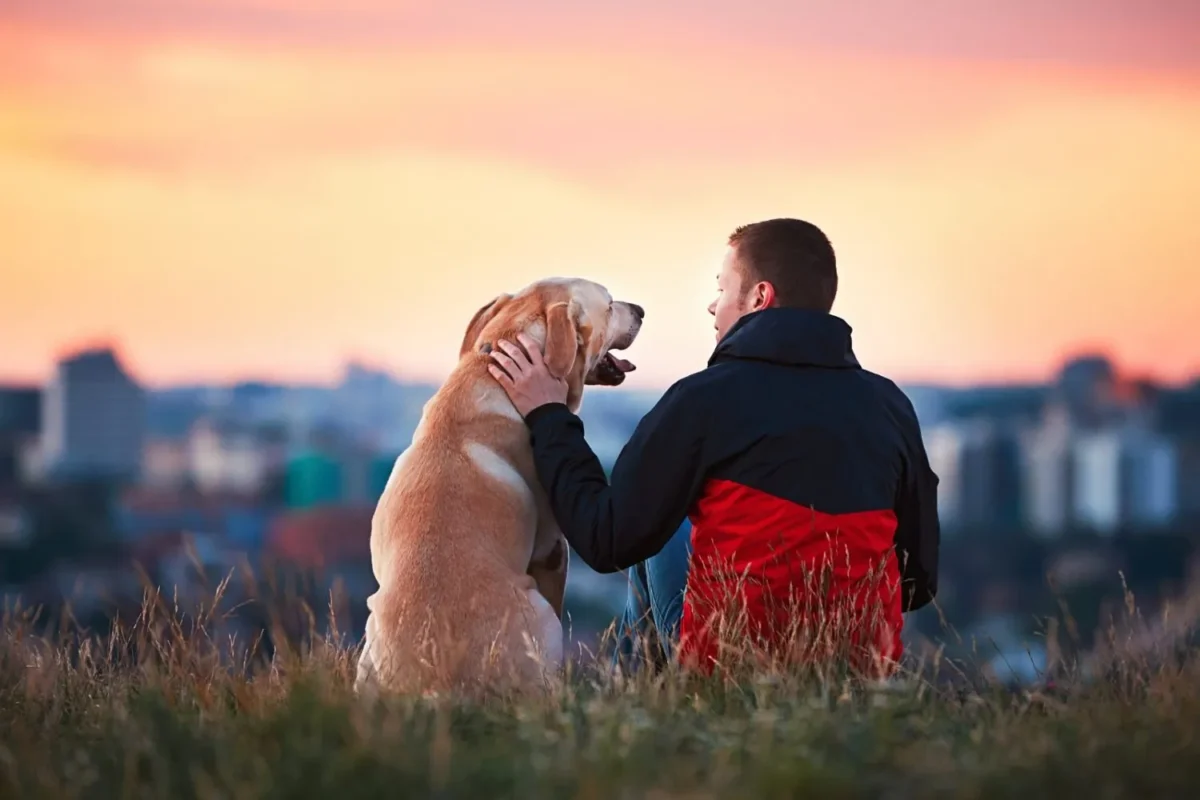Golden Retrievers are social creatures and do not enjoy being left alone for long periods of time. They need potty breaks every few hours and should never be left in a kennel all day while you are gone.
If left alone for too long, Golden Retrievers may become restless and destructive. Chewing on furniture, digging holes in the yard, and barking excessively are all common behaviors exhibited by bored or anxious Golden Retrievers.
If you must leave your Golden Retriever home alone, provide them with plenty of toys and bones to keep them occupied and make sure they have access to a safe outdoor space to relieve themselves.
What is the Longest time to Leave A Golden Retriever Home Alone?
You shouldn’t leave your golden retriever home alone for more than four hours at a time. This breed needs companionship and doesn’t do well when left alone for long periods of time. If you must leave your golden retriever home alone, make sure to provide him with plenty of toys, bones, and chews to keep him busy.
What Happens if You Leave a Golden Retriever Home Alone?
If you leave a golden retriever home alone for too long, he may become anxious or depressed. He may also start chewing on things around the house out of boredom or stress. If your golden retriever is left alone for too long, he may also have accidents inside the house.
How to Prepare Your Golden Retriever for Time Alone
If you’re going to be leaving your golden retriever home alone, there are a few things you can do to prepare him. First, start by gradually increasing the amount of time he’s left alone. Begin with short periods of time, like 30 minutes, and then slowly increase the amount of time he’s left alone each day.
Next, make sure to leave him with plenty of toys and chews to keep him occupied. If possible, try to set up a dog-proofed area in your home where he can’t get into trouble. Finally, make sure to give your golden retriever plenty of exercise before you leave so he’s tired out and less likely to get into mischief.
When you’re first starting to leave your golden retriever home alone, it’s important to do it gradually and make sure he has plenty of things to keep him busy. With a little preparation, you can help your golden retriever adjust to being left alone and prevent any problems from occurring.
Never Leave a Golden Retriever in a Kennel All Day
Leaving a Golden Retriever in a kennel all day is not only cruel, but it can also be dangerous. Golden Retrievers need to potty every few hours, and if they are left in a kennel all day, they will likely have accidents. Additionally, Golden Retrievers are social creatures and need companionship.
If they are left alone for too long, they may become anxious or depressed. So, if you must leave your Golden Retriever home alone, make sure to give them plenty of potty breaks and never leave them in a kennel all day.
Some Golden Retrievers Have Anxiety
If your Golden Retriever has anxiety, the worst thing is just to leave them alone. There is a process you must take to keep them from going crazy and tearing down the furniture, walls, and everything else they can get into.
Anxiety in dogs is pretty common. The American Kennel Club (AKC) reports that separation anxiety is one of the most common behavior problems seen in dogs.
Symptoms of separation anxiety in dogs can include:
- Destructive chewing and digging
- Excessive barking or howling
- Pacing back and forth
- Escape attempts
- Urinating or defecating indoors despite being house-trained
- Refusing to eat or eating very little when left alone.
What Causes Anxiety in Dogs?
There are several reasons why your dog may be experiencing anxiety. It could be due to genetics, previous traumatic experiences, changes in their environment, or even boredom.

Dogs with separation anxiety often become agitated when their guardians prepare to leave them alone. This may include behaviors such as following you around, getting underfoot, or even showing signs of panic, such as panting and shaking.
Once you leave, they may pace back and forth, whine, bark, howl, chew on objects, attempt to escape from their confinement, or urinate or defecate indoors despite being house-trained. These dogs may appear to be depressed and listless when their guardians are present but become agitated again when left alone.
What Can You Do to Help Your Dog With Anxiety?
If your dog is exhibiting any of the above symptoms, it’s important to consult with your veterinarian to rule out any underlying medical conditions that could be causing the anxiety. If a medical condition is ruled out, there are several things you can do to help your dog feel more comfortable when left alone.
- Create a safe space: Dogs with separation anxiety often benefit from having a “safe space” to retreat to when left alone. This could be a crate or dog bed in a quiet room where they can feel relaxed and secure. Be sure to introduce the space gradually and make it as inviting as possible with their favorite toys and blankets.
- Exercise: If your dog has excess energy, it may be more likely to experience anxiety. Be sure to provide them with plenty of exercises throughout the day, including a long walk or run before you leave.
- Leave them with a special treat: If you typically give your dog a treat when you leave for work, try giving them an extra-special treat that they only get when you’re gone. This will help them associate being alone with something positive.
- Play calming music: There are many types of music specifically designed to calm dogs. These can be found online or at your local pet store.
By following these tips, you can help your dog feel more relaxed and comfortable when left alone. You will appreciate it and so will they.







